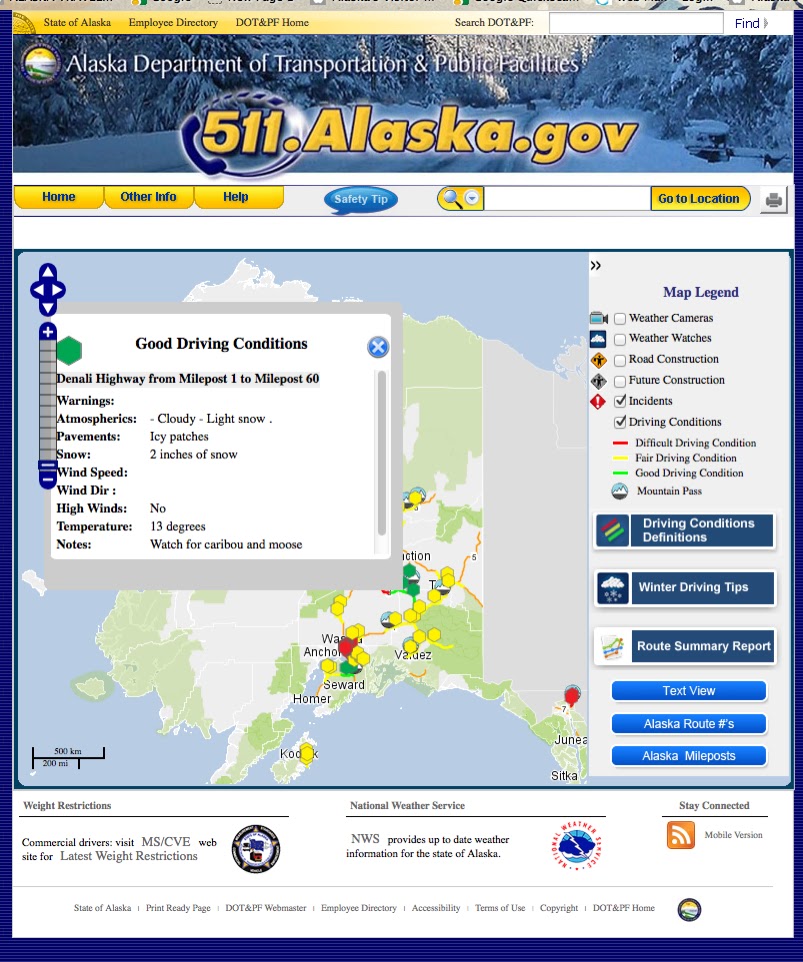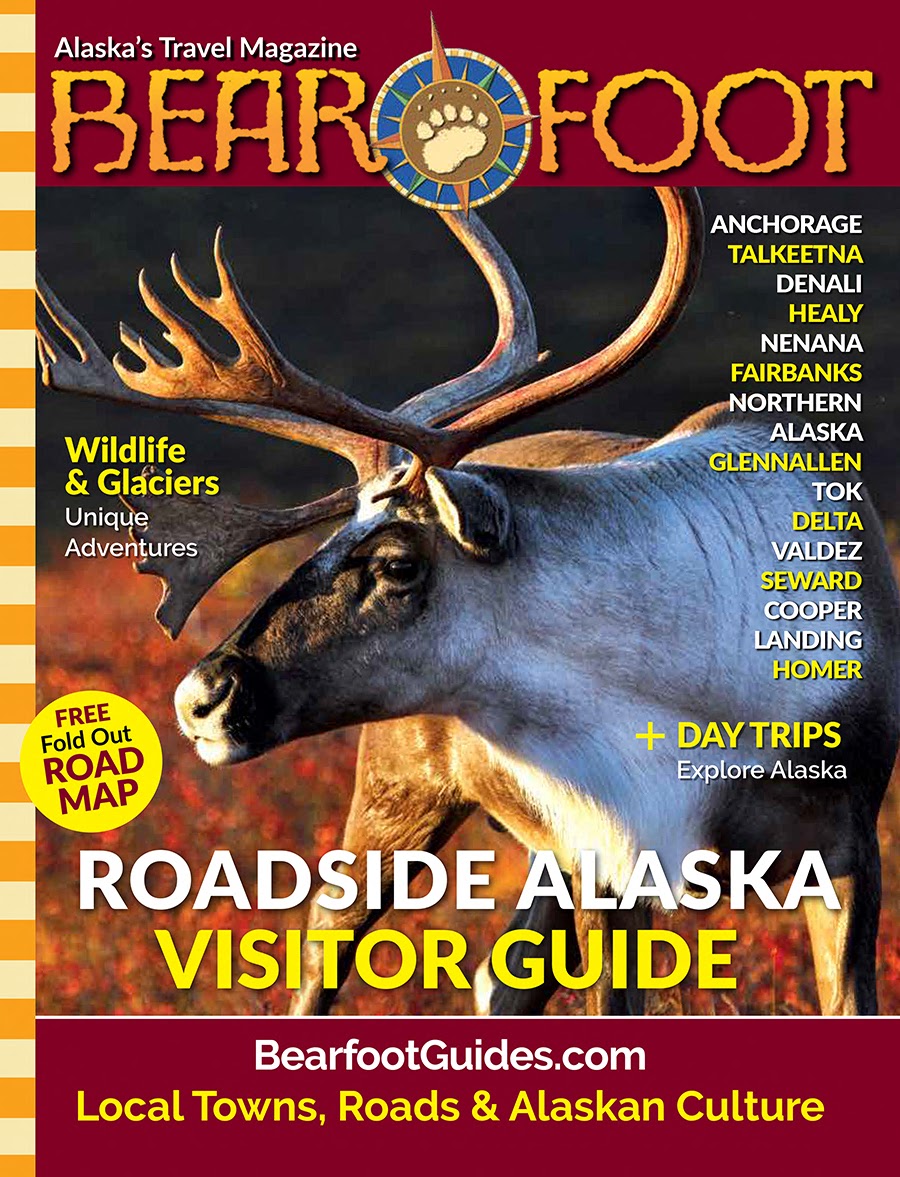What Was It Like Four Years Ago – As Covid Swept Toward The Copper Valley?
COPPER RIVER COUNTRY JOURNAL COMMENTARY Four Years Ago, In March 2020, The Copper Valley Braced For Something Nobody Had Seen In The Last H...
COPPER RIVER COUNTRY JOURNAL COMMENTARY
Four Years Ago, In March 2020, The Copper Valley Braced For Something Nobody Had Seen In The Last Hundred Years
...A Major Pandemic That Killed Off Elders
In March, 2020, the Covid pandemic was making its way across the world. People were sick. Many were dying. And it was obvious it was going to get worse – and there would be major consequences. Perhaps nobody would have jobs any more. Perhaps there would be no food available at the stores. Perhaps money wouldn't be available. Perhaps you wouldn't be able to keep the house warm. Perhaps you'd never see another roll of toilet paper in your lifetime. Perhaps you wouldn't survive. These were real and very legitimate fears.
The rapid onset of Covid, making its way across the world, brought back frightening memories of a century before during the 1918 Flu Pandemic. That pandemic had affected people everywhere. It had also killed many people in the Copper Valley.
These included the great Doc Billum:
SEE DOC BILLUM'S STORY HERE IN THE JOURNAL: https://www.countryjournal2020.com/2021/11/doc-billum-died-of-flu-in-wilds-of.html
It killed Walter Charley's family, too:
SEE WALTER CHARLEY'S STORY HERE IN THE JOURNAL: https://www.countryjournal2020.com/2020/04/walter-charley-was-one-of-copper-river.html
That's because, despite our isolation, the Copper Valley has never been safe from epidemics:
SEE STORY OF ALASKA'S BRUSH WITH INBOUND DISEASES AFTER "FIRST CONTACT": https://www.countryjournal2020.com/2020/07/essay-alaska-isnt-safe-from-disease-due.html
Up here in Alaska, 10 days after the first nursing home death, the small villages of the Copper Valley began to rush into action.
COPPER RIVER COUNTRY JOURNAL
1/4 Of Gulkana Village's Residents Are Elders – So Gulkana Blocked Outside Traffic To Protect Them
Hearkening Back To 1918 Flu Pandemic, Gulkana Village Tries To Protect Its Older People From Death By Covid
 |
| Sign at entrance to Gulkana Village on a sunny March day in 2020. (Journal archives) |
Gulkana Asks Non Residents To Not Enter Village
Angela Vermillion at Gulkana Village told the Country Journal on March 25th that a sign saying "Residents only. No Outside Traffic Due To Covid-19" was erected on Tuesday, March 24th. There are some exceptions, she said. "We still need fuel and garbage services, and CRNA delivers elder lunches."
Gulkana has around 80 residents, and there are over 20 elders, 1/4 of the total population. Not all elders receive CRNA lunches.
Like Mentasta Village, Gulkana had a village council meeting about putting up a sign. "We had a council meeting on Monday night and that's where we talked about it," said Angela. "Then we put the sign up."
On Wednesday, March 25th, the village was working on a letter to deliver to residents about the virus and that they're asking for no more outside visitors. The letter, said Angela, will ask Gulkana people "to hunker down, and only one household member at a time if you need groceries or gas."
















